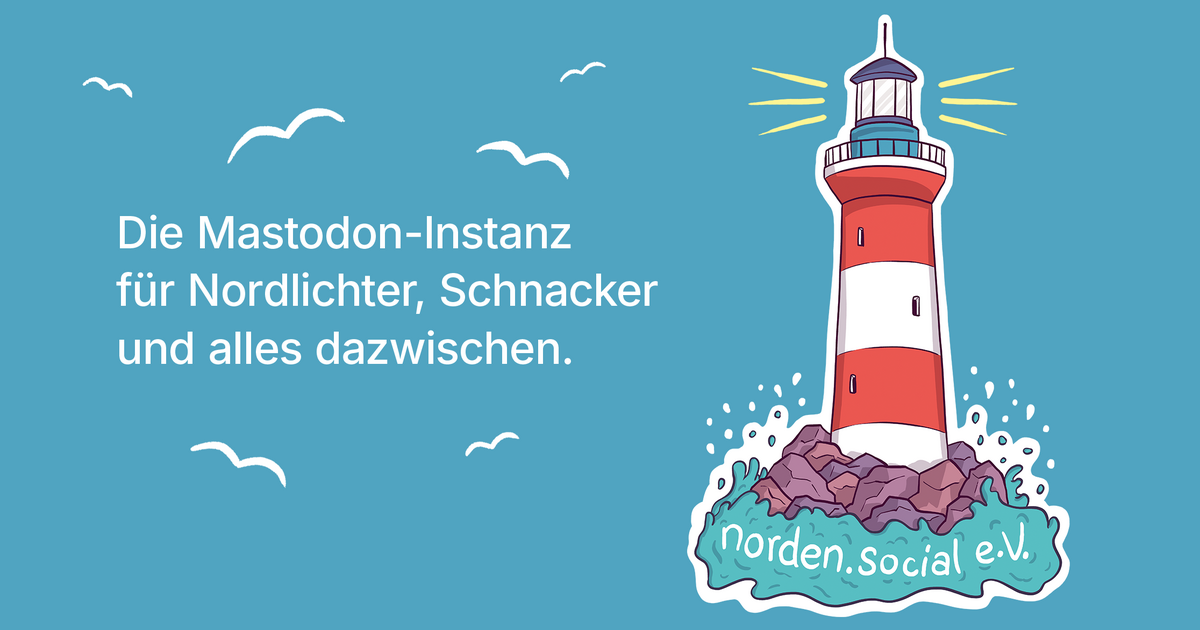Dr. Dani Sanchez<p>Brittany Howard and Alabama Shakes with their no BS take on Memphis Minnie’s “Killer Diller” (<a href="https://youtu.be/JFHbfApw9kk?si=EfDJcuDrXIhVSx7Z" rel="nofollow noopener noreferrer" translate="no" target="_blank"><span class="invisible">https://</span><span class="ellipsis">youtu.be/JFHbfApw9kk?si=EfDJcu</span><span class="invisible">DrXIhVSx7Z</span></a>). After nearly a decade apart, The ‘Shakes are headed back on the road this year<br><a href="https://mastodon.social/tags/RetroView" class="mention hashtag" rel="nofollow noopener noreferrer" target="_blank">#<span>RetroView</span></a> <a href="https://mastodon.social/tags/AlabamaShakes" class="mention hashtag" rel="nofollow noopener noreferrer" target="_blank">#<span>AlabamaShakes</span></a> <a href="https://mastodon.social/tags/BrittanyHoward" class="mention hashtag" rel="nofollow noopener noreferrer" target="_blank">#<span>BrittanyHoward</span></a> <a href="https://mastodon.social/tags/MemphisMinnie" class="mention hashtag" rel="nofollow noopener noreferrer" target="_blank">#<span>MemphisMinnie</span></a> <a href="https://mastodon.social/tags/blues" class="mention hashtag" rel="nofollow noopener noreferrer" target="_blank">#<span>blues</span></a></p>
Recent searches
No recent searches
Search options
Only available when logged in.
norden.social is one of the many independent Mastodon servers you can use to participate in the fediverse.

Moin! Dies ist die Mastodon-Instanz für Nordlichter, Schnacker und alles dazwischen. Folge dem Leuchtturm.
Administered by:
Server stats:
3.5Kactive users
norden.social: About · Status · Profiles directory · Privacy policy
Mastodon: About · Get the app · Keyboard shortcuts · View source code · v4.3.7
#MemphisMinnie
0 posts · 0 participants · 0 posts today
Dr. Dani Sanchez<p>Mississippi’s own Memphis Minnie with her rendition of “Hoodoo Lady Blues” (<a href="https://youtu.be/Yhis33IOXN0?si=ZtFN213wBzIh60yW" rel="nofollow noopener noreferrer" translate="no" target="_blank"><span class="invisible">https://</span><span class="ellipsis">youtu.be/Yhis33IOXN0?si=ZtFN21</span><span class="invisible">3wBzIh60yW</span></a>). Over the course of her 50yr career she recorded over 200 songs!<br><a href="https://mastodon.social/tags/RetroView" class="mention hashtag" rel="nofollow noopener noreferrer" target="_blank">#<span>RetroView</span></a> <a href="https://mastodon.social/tags/MemphisMinnie" class="mention hashtag" rel="nofollow noopener noreferrer" target="_blank">#<span>MemphisMinnie</span></a> <a href="https://mastodon.social/tags/blues" class="mention hashtag" rel="nofollow noopener noreferrer" target="_blank">#<span>blues</span></a></p>
LotharMucki 🦄<p><a href="https://norden.social/tags/SoundOfTheDay" class="mention hashtag" rel="tag">#<span>SoundOfTheDay</span></a> <br />When all is too much, <a href="https://norden.social/tags/Blues" class="mention hashtag" rel="tag">#<span>Blues</span></a> still heals and helps me...<br />When the <a href="https://norden.social/tags/levee" class="mention hashtag" rel="tag">#<span>levee</span></a> breaks. </p><p>I do not post the <a href="https://norden.social/tags/LedZeppelin" class="mention hashtag" rel="tag">#<span>LedZeppelin</span></a> -Version (which is still eternal for me), because it's quite well known, I guess. Instead an excellent all-female cover from <a href="https://norden.social/tags/Zepparella" class="mention hashtag" rel="tag">#<span>Zepparella</span></a> – because, little known: in the original version from 1929 from <a href="https://norden.social/tags/KansasJoeMcCoy" class="mention hashtag" rel="tag">#<span>KansasJoeMcCoy</span></a> and <a href="https://norden.social/tags/MemphisMinnie" class="mention hashtag" rel="tag">#<span>MemphisMinnie</span></a> a woman, Minnie, plays the guitar! One of the first female electric guitarists! <br />Down with <a href="https://norden.social/tags/patriarchy" class="mention hashtag" rel="tag">#<span>patriarchy</span></a>!</p><p><a href="https://www.youtube.com/watch?v=xH-_9cwdLug" target="_blank" rel="nofollow noopener noreferrer" translate="no"><span class="invisible">https://www.</span><span class="ellipsis">youtube.com/watch?v=xH-_9cwdLu</span><span class="invisible">g</span></a></p>
DoomsdaysCW<p>"Cryin' won't help you, prayin' won't do you no good /<br>No, cryin' won't help you, prayin' won't do you no good /<br>When the levee breaks, mama, you got to move..." - "When the Levee Breaks," by <a href="https://kolektiva.social/tags/MemphisMinnie" class="mention hashtag" rel="nofollow noopener noreferrer" target="_blank">#<span>MemphisMinnie</span></a> and <a href="https://kolektiva.social/tags/KansasJoeMcCoy" class="mention hashtag" rel="nofollow noopener noreferrer" target="_blank">#<span>KansasJoeMcCoy</span></a> in 1929, covered by <a href="https://kolektiva.social/tags/LedZeppelin" class="mention hashtag" rel="nofollow noopener noreferrer" target="_blank">#<span>LedZeppelin</span></a> in 1971.</p><p>The <a href="https://kolektiva.social/tags/Flooding" class="mention hashtag" rel="nofollow noopener noreferrer" target="_blank">#<span>Flooding</span></a> Will Come “No Matter What” </p><p>The complex, contradictory and heartbreaking process of American <a href="https://kolektiva.social/tags/ClimateMigration" class="mention hashtag" rel="nofollow noopener noreferrer" target="_blank">#<span>ClimateMigration</span></a> is underway. </p><p>April 11, 2024</p><p>"As the U.S. gets hotter, its <a href="https://kolektiva.social/tags/coastal" class="mention hashtag" rel="nofollow noopener noreferrer" target="_blank">#<span>coastal</span></a> waters rise higher, its <a href="https://kolektiva.social/tags/wildfires" class="mention hashtag" rel="nofollow noopener noreferrer" target="_blank">#<span>wildfires</span></a> burn larger and its <a href="https://kolektiva.social/tags/droughts" class="mention hashtag" rel="nofollow noopener noreferrer" target="_blank">#<span>droughts</span></a> last longer, the notion that humankind can triumph over <a href="https://kolektiva.social/tags/nature" class="mention hashtag" rel="nofollow noopener noreferrer" target="_blank">#<span>nature</span></a> is fading, and with it, slowly, goes the belief that self-determination and personal preference can be the driving factors in choosing where to live. Scientific modeling of these pressures suggest a sweeping change is coming in the shape and location of communities across America, a change that promises to transform the country’s politics, culture and economy.</p><p>"It has already begun. More Americans are displaced by catastrophic <a href="https://kolektiva.social/tags/ClimateChange" class="mention hashtag" rel="nofollow noopener noreferrer" target="_blank">#<span>ClimateChange</span></a> driven storms and floods and fires every year. The Internal Displacement Monitoring Centre, the global nongovernmental organization researchers rely on to measure the number of people forcibly cast out of their homes by natural disasters, counted very few displaced Americans in 2009, 2010 and 2011, years in which few natural disasters struck the <a href="https://kolektiva.social/tags/UnitedStates" class="mention hashtag" rel="nofollow noopener noreferrer" target="_blank">#<span>UnitedStates</span></a>. But by 2016 the numbers had begun to surge, with between 1 million and 1.7 million newly displaced people annually. The disasters and heat waves each year have become legion. But the statistics show the human side of what has appeared to be a turning point in both the severity and frequency of wildfires and <a href="https://kolektiva.social/tags/hurricanes" class="mention hashtag" rel="nofollow noopener noreferrer" target="_blank">#<span>hurricanes</span></a>. As the number of displaced people continues to grow, an ever-larger portion of those affected will make their moves permanent, migrating to safer ground or supportive communities. They will do so either because a singular disaster like the 2018 wildfire in Paradise, California — or Hurricane Harvey, which struck the Texas and Louisiana coasts — is so destructive it forces them to, or because the subtler 'slow onset' change in their surroundings gradually grows so intolerable, uncomfortable or inconvenient that they make the decision to leave, proactively, by choice. In a 2021 study published in the journal Climatic Change, researchers found that 57% of the Americans they surveyed believed that changes in their climate would push them to consider a move sometime in the next decade."</p><p><a href="https://www.propublica.org/article/climate-migration-louisiana-slidell-flooding?utm_source=pocket-newtab-en-us" rel="nofollow noopener noreferrer" translate="no" target="_blank"><span class="invisible">https://www.</span><span class="ellipsis">propublica.org/article/climate</span><span class="invisible">-migration-louisiana-slidell-flooding?utm_source=pocket-newtab-en-us</span></a> </p><p><a href="https://kolektiva.social/tags/ClimateCrisis" class="mention hashtag" rel="nofollow noopener noreferrer" target="_blank">#<span>ClimateCrisis</span></a> <a href="https://kolektiva.social/tags/RisingSeaLevels" class="mention hashtag" rel="nofollow noopener noreferrer" target="_blank">#<span>RisingSeaLevels</span></a></p>
ExploreLive feeds
Mastodon is the best way to keep up with what's happening.
Follow anyone across the fediverse and see it all in chronological order. No algorithms, ads, or clickbait in sight.
Create accountLoginDrag & drop to upload
